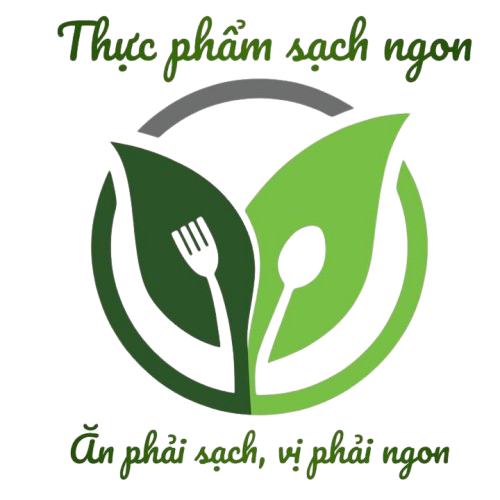The travel industry in 2025 stands at a crossroads of advancement and accountability. As global tourism rebounds to pre-pandemic levels, travelers and industry stakeholders alike are navigating a landscape transformed by environmental priorities, technological advancements, and evolving traveler demands.
## Green and Eco-Conscious Travel
The necessity for sustainability has become a foundation of modern travel. By 2025, the tourism sector is projected to generate 6.5 billion metric tons of climate pollutants, necessitating immediate measures. Destinations like Costa Rica and Bhutan are leading this charge, with the latter maintaining its status as the world’s only carbon-negative country through stringent guest quotas.
Restorative travel models, such as New Zealand’s Māori-led green adventures, are building popularity. These initiatives reflect a broader shift: 73% of travelers now favor brands with robust sustainability practices.
## Customization and Bespoke Experiences
Premium tourism in 2025 is synonymous with ultra-tailoring. Selective visitors seek profound experiences adapted to their unique interests. Companies like LuxGroup emphasize “ethical luxury,” merging pampering with cultural immersion.
Artificial Intelligence is revolutionizing trip planning, enabling adaptive schedules that adjust to immediate interests. This trend matches findings that 64% of luxury travelers prefer personalized offerings over cookie-cutter options.
## Avoiding Overtourism Through Ingenuity
Overtourism remains a critical challenge, prompting travelers to seek “alternative locations” and shoulder-season visits. Cities like Ljubljana are alleviating congestion through vehicle-restricted areas and pedal transportation systems.
Governments are stepping in; Amsterdam and Majorca have implemented guest ceilings and behavior guidelines to maintain local ecosystems.
## Technology’s Role in Frictionless Travel
AI’s influence reaches beyond personalization into business productivity. Chatbots handle 24/7 customer inquiries, while predictive analytics optimize flight schedules and hotel pricing. Virtual reality previews allow travelers to “trial” destinations before booking.
Apps like Seven Corners simplify trip management, offering real-time updates on weather, crowds, and transportation delays. Blockchain technology enhances transparency in carbon offset programs.
## Longer Stays and Traditional Engagement
The era of whirlwind tours is fading. High-end tourists are typically taking two-week stays to strengthen cultural connections. Families are increasingly embracing “workations,” combining remote work with lengthy residencies.
## Experience-Based Travel and Novel Experiences
“Concert traveling” has exploded, with fans journeying internationally for major events. Celestial tourism—exemplified by stargazing in Chile’s Atacama Desert—reflects expanding appeal in celestial phenomena.
## Health and Tech-Free Breaks
Self-care journeys is evolving beyond wellness centers to encompass holistic healing. Tech-free escapes combine meditation with farm-fresh meals, aligning with a 95% surge in demand for self-care-centered itineraries.
## Financial Approaches and Value-Conscious Travel
Travelers are employing rewards systems and combined packages to enhance benefits. Banking incentives are being strategically redeemed for upgrades, reflecting a shift toward “strategic indulgence”.
## Final Analysis
The travel landscape of 2025 is defined by its dual nature: a hunger for exploration balanced by moral responsibility. As destinations reconcile innovation with protection, stakeholders can ensure tourism remains a bridge—not a impediment—to a more united and ethical world.
